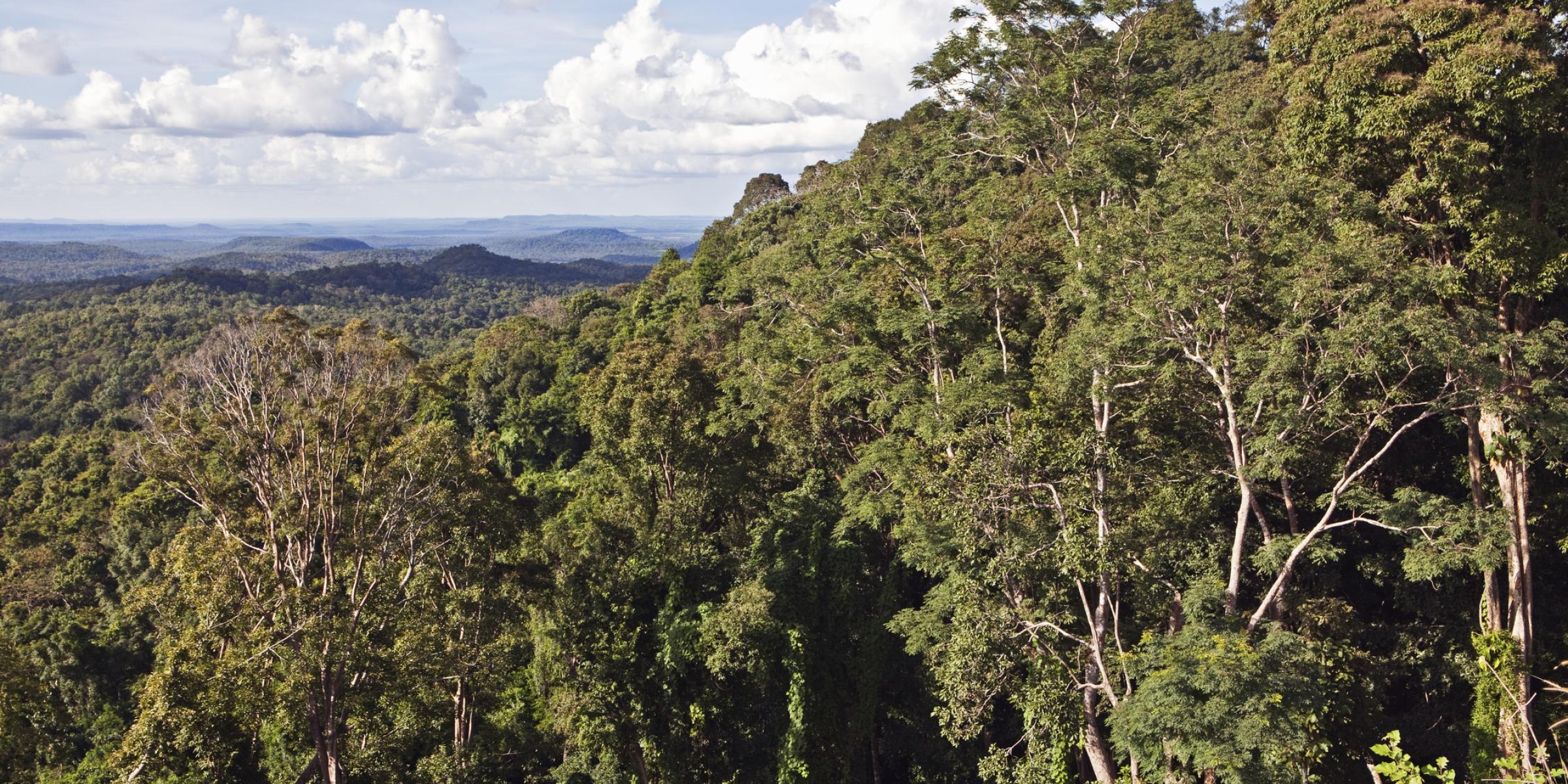The study analysed 18 major carbon offset projects and compared their claimed levels of conservation to real-world deforestation levels.
Millions of carbon credits, traded on the worldwide carbon credit market which is worth 1.3 billion USD, are based on crude calculations that inflate the conservation successes of voluntary REDD+ projects, which aim to reduce emissions from deforestation and forest degredation in developing countries.
The researchers analysed REDD+ projects across five countries: Peru, Columbia, Tanzania, Cambodia, and the Democratic Republic of Congo. They found that of the 89 million carbon credits expected to be generated in 2020 from the sites analysed, some 68% would have originated from projects that barely reduced deforestation, if at all.
The offsetting initiatives relied on extrapolations of historical data, and did not take into account a range of factors from policy changes to market forces.
Professor Andreas Kontoleon, a co-author of the study, said,
"Carbon credits provide major polluters with some semblance of climate credentials. Yet we can see that claims of saving vast swathes of forest from the chainsaw to balance emissions are overblown."
The study calles for greater regulation of the industry, with the closing of loopholes and more sophisticated and transparent methods for the quantification of preserved forest.
Banner image © John W Banagan/Stone via Getty Images.

